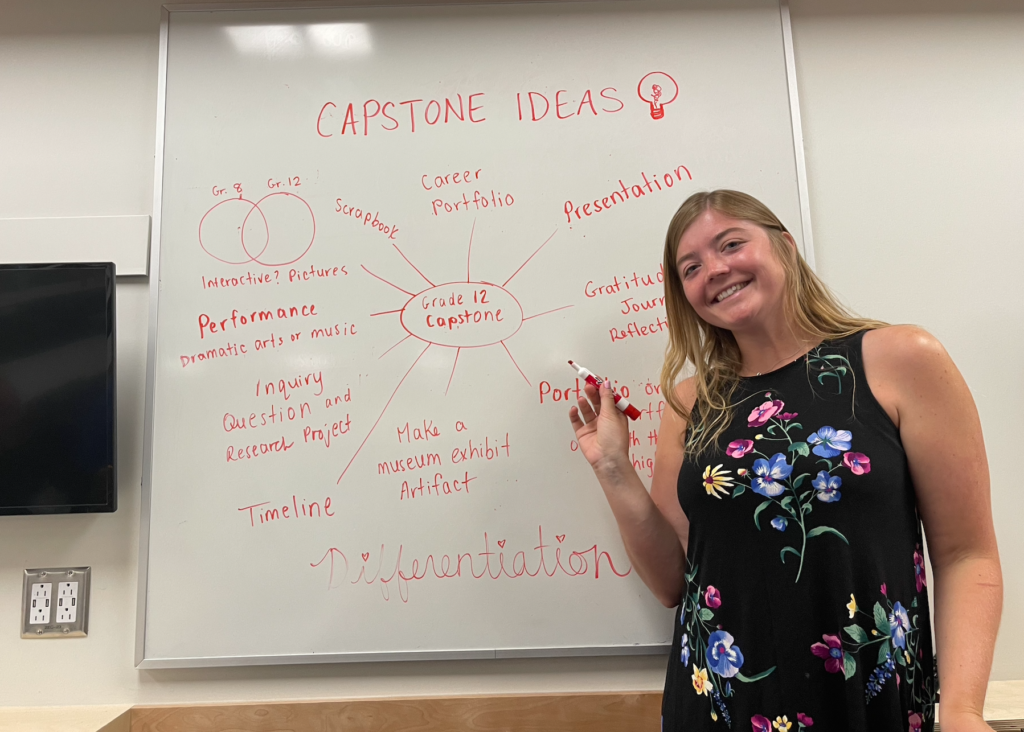To support student learning, teachers must have a deep understanding of how children and adolescents develop physically, cognitively, and emotionally.
Educators who understand and apply knowledge of student growth and development recognize that students learn at different rates and have different learning styles. They understand the importance of providing differentiated instruction that addresses the unique needs of each student. They also recognize the importance of creating a positive and supportive learning environment that fosters student growth and development.
By applying their knowledge of student growth and development, educators can create learning experiences that are both engaging and effective. They can adapt instruction to meet the needs of students at different stages of development and provide appropriate challenges that help students to reach their full potential.
In addition to the importance of understanding and applying knowledge of student growth and development, there are also challenges in implementing these values in practice. Educators must balance the needs of individual students with the needs of the class as a whole, and must also navigate the complex social and emotional needs of students. They must also be able to assess student progress accurately and provide feedback that is both informative and constructive.
Educators who understand and apply knowledge of student growth and development are essential to creating a positive and effective learning environment. These values help to ensure that all learners have the opportunity to reach their full potential and that they are provided with the support and guidance they need to succeed.

